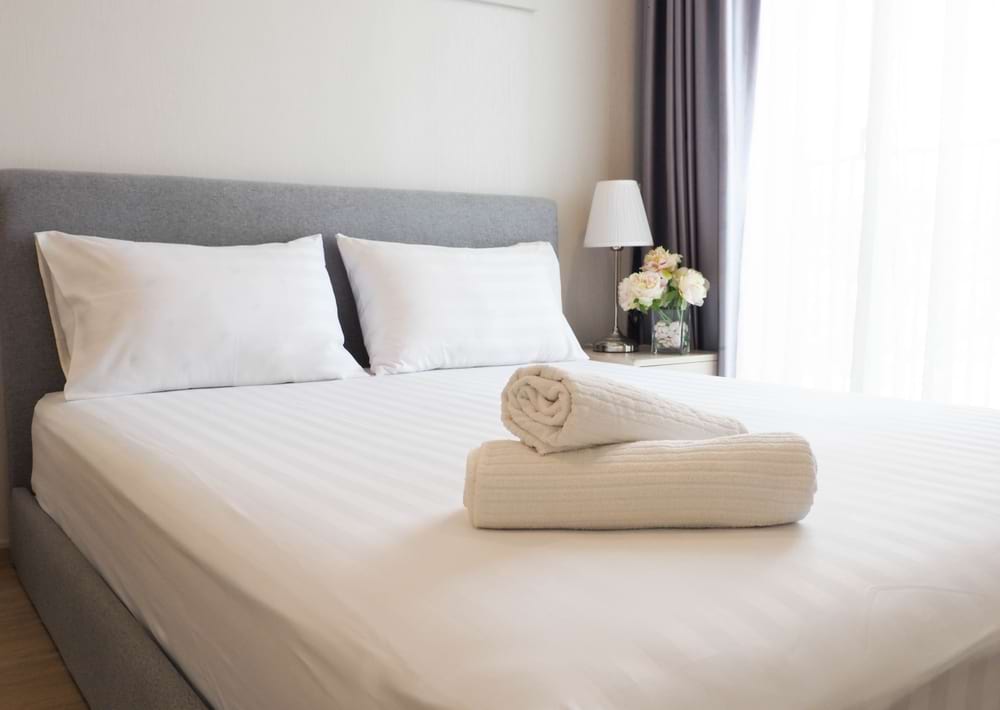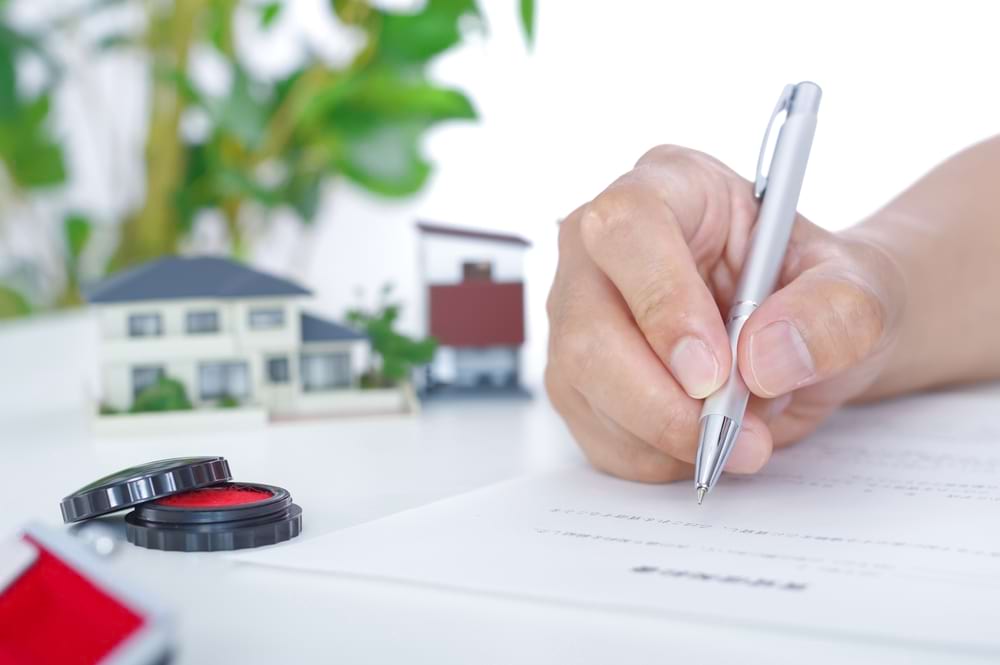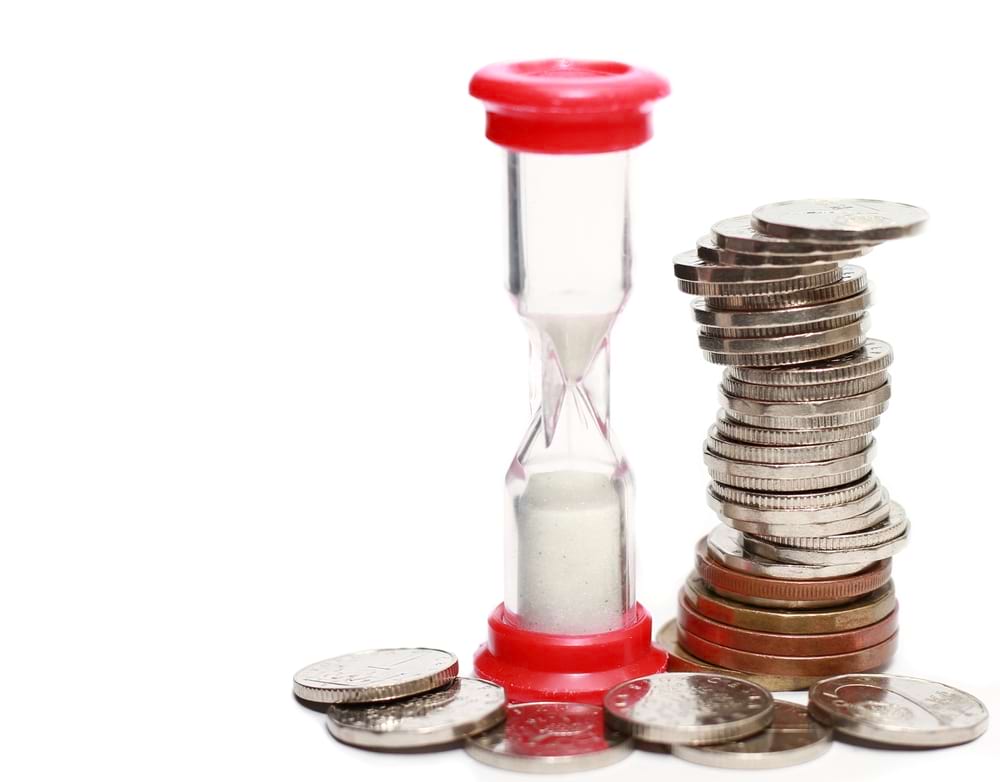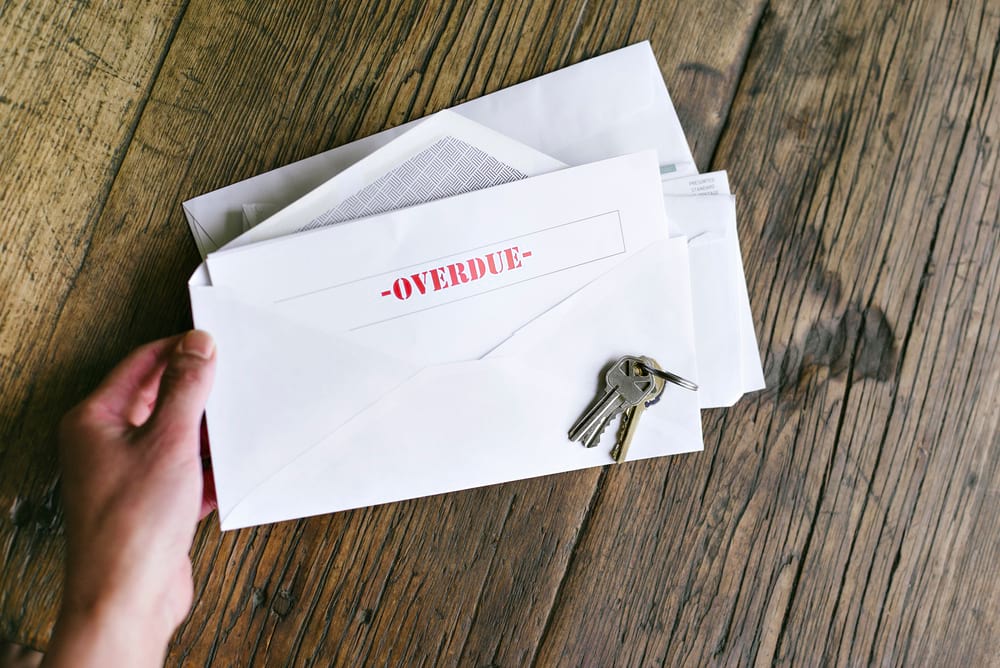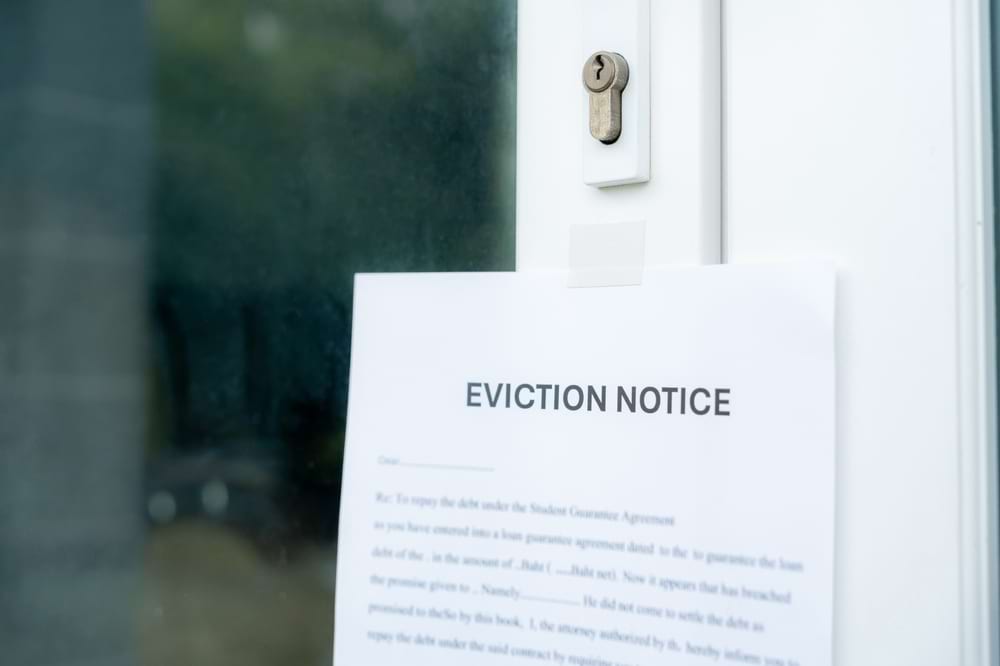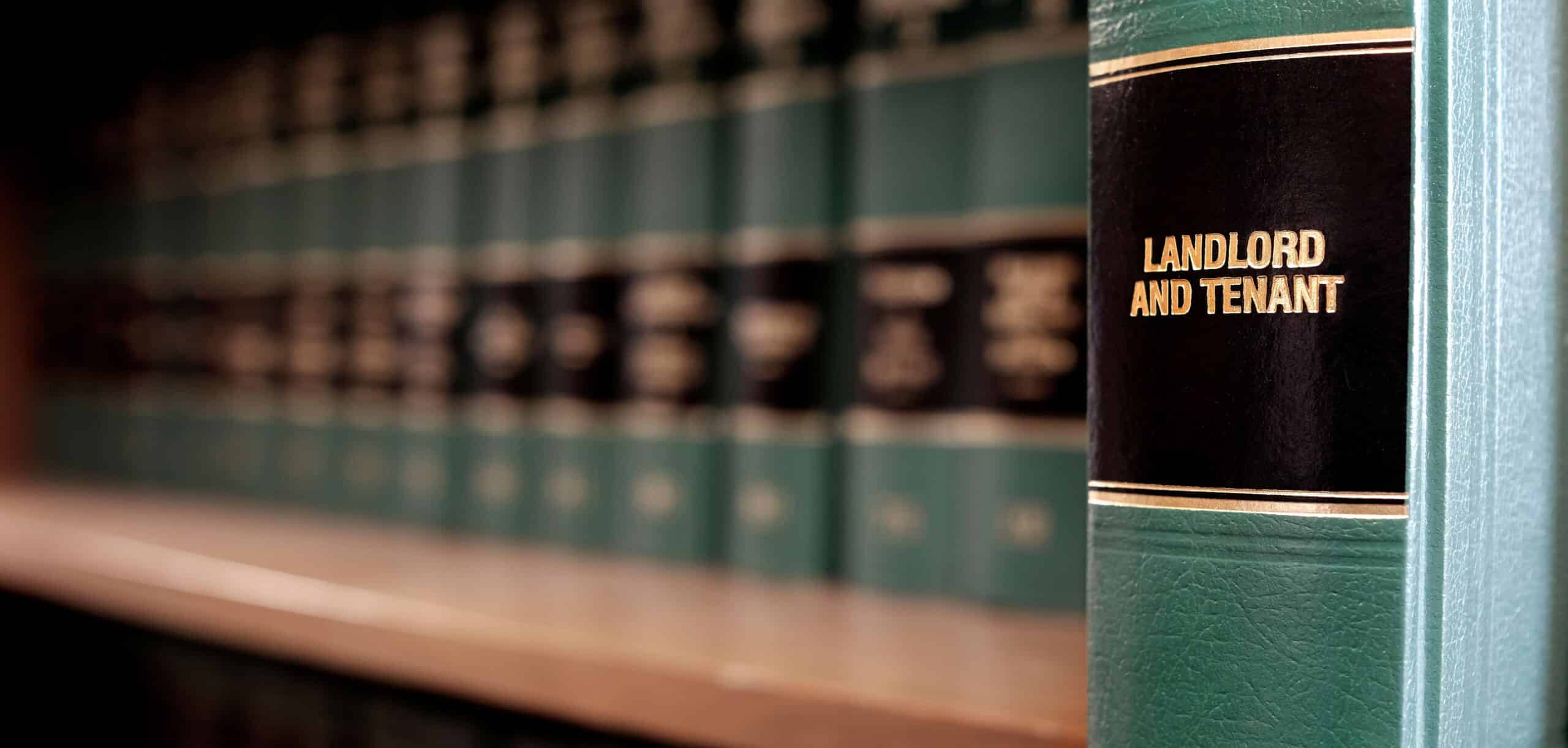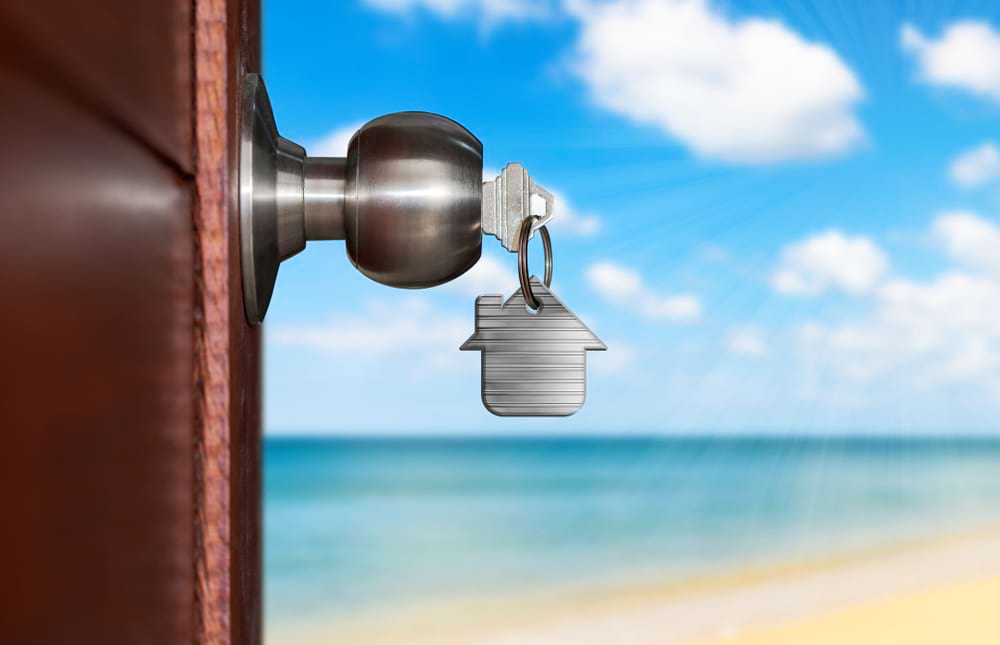When leaseholds expire, homeowners can face high costs or even homelessness.
Last year, one leasehold owner faced fees of £212,000. She told a journalist:
“The situation I’m in is distressing and unjust. The choice I am faced with is either to be forced out of my own home or to be subjected to unreasonable financial demands because of the terms of the leasehold agreement.”
Read on to learn:
- What happens when a leasehold expires
- How to prevent this
- The costs involved.
The consequences of leaseholds expiring
When a leasehold approaches expiry, the property’s value declines.
This makes the property harder to sell because most buyer’s are not interested in it. And those that are find it harder to get a mortgage for it.
Once the lease ends, the property ownership returns to the freeholder.
They will likely take possession of the property. If the former leaseholder refuses to leave, they will face eviction.
They might be willing to allow the leaseholder to re-apply for the lease. This will cost money and time, and new terms might be less favourable.
Extending leases
In most cases, leaseholders can extend their leases.
They have statutory rights (enfranchisement) to renew for an additional 90 years. It can be applied for when they have owned the property for two years.
The process involves paying a premium to the freeholder. And demonstrating that terms of the existing lease have been abided by.
Properties with extended leases will increase in value.
The cost of extending leases
The exact lease extension cost depends on several factors.
The main one is the remaining length of your current lease.
The shorter the lease when you extend it, the higher the premium. This reflects the diminishing value of having fewer years left.
Exactly how much you pay also depends on the specific property value. You’ll likely need to pay thousands to tens of thousands of pounds.
A surveyor can determine the precise lease extension price based on market valuations. You and the freeholder agree on this cost.
Can a landlord refuse to extend a lease?
For residential properties, freeholders cannot refuse a request to extend a lease.
Unless, of course, the leaseholder does not meet qualifying criteria.
But landlords can refuse lease extension requests for commercial properties under certain circumstances.
Should I sell my house before the leasehold expires?
When lease terms drop below 70 years, property value can decrease. Potential buyers may have difficulty securing a mortgage.
So, leases should be extended once they reaches 80 years remaining.
Extending sooner than this is even better. It avoids a property value decrease and lease extension costs.
Costs involved with lease extensions
The main costs are:
- Professional fees (such as lawyers and surveyors,)
- The lease extension premium you’ll pay the freeholder.
Expect total costs from £2,000 – £10,000+ depending on property value.
Time frame of lease extension application
The process is usually completed within 2-6 months to complete.
However, factors like negotiating the price and leasehold paperwork can impact time frames.
Can I sell my home during the lease extension process?
You can sell the property after applying to extend the lease. The lease extension application will be transferred to the new owner after the sale.
Can my freeholder block or delay the lease extension?
There are statutory limits on reasonable time frames for residential properties.
But as long as you meet the criteria, freeholders can’t obstruct extending your lease.
Deciding whether to extend or sell when the lease dwindles
Knowing what happens as your leasehold expires prompts essential decisions. Key options to weigh with a lease under 80 years remaining include:
- Extend the lease to retain ownership. This helps if you plan to stay for a long time. Or if you plan to sell later with an increased value. It requires an upfront cost.
- Convert the lease to a freehold. Converting to a freehold can be expensive but financially worthwhile in the long-run.
- Sell the property sooner. You can sell before the remaining lease erodes value. It also avoids lease extension costs.
- Surrender the lease. If you can’t afford to extend or sell, you may have to cede rights back to the freeholder when the contract ends. There is no financial return for this.
Other leasehold considerations
Some other relevant leasehold factors include:
- Marriage and inheritance. Lease terms usually allow spouses inheriting a property to assume lease ownership.
- Subletting. You usually need consent from freeholders to sublet. They could refuse or attach conditions to this.
- Home improvements. Some more significant works require freeholder input and approval as they retain ownership.
- Owning abroad. Other countries can view leaseholds differently, so get destination-specific advice if buying overseas.
Leaseholds may sound complex. But many specialist brokers and conveyancers can guide you through legal intricacies.

